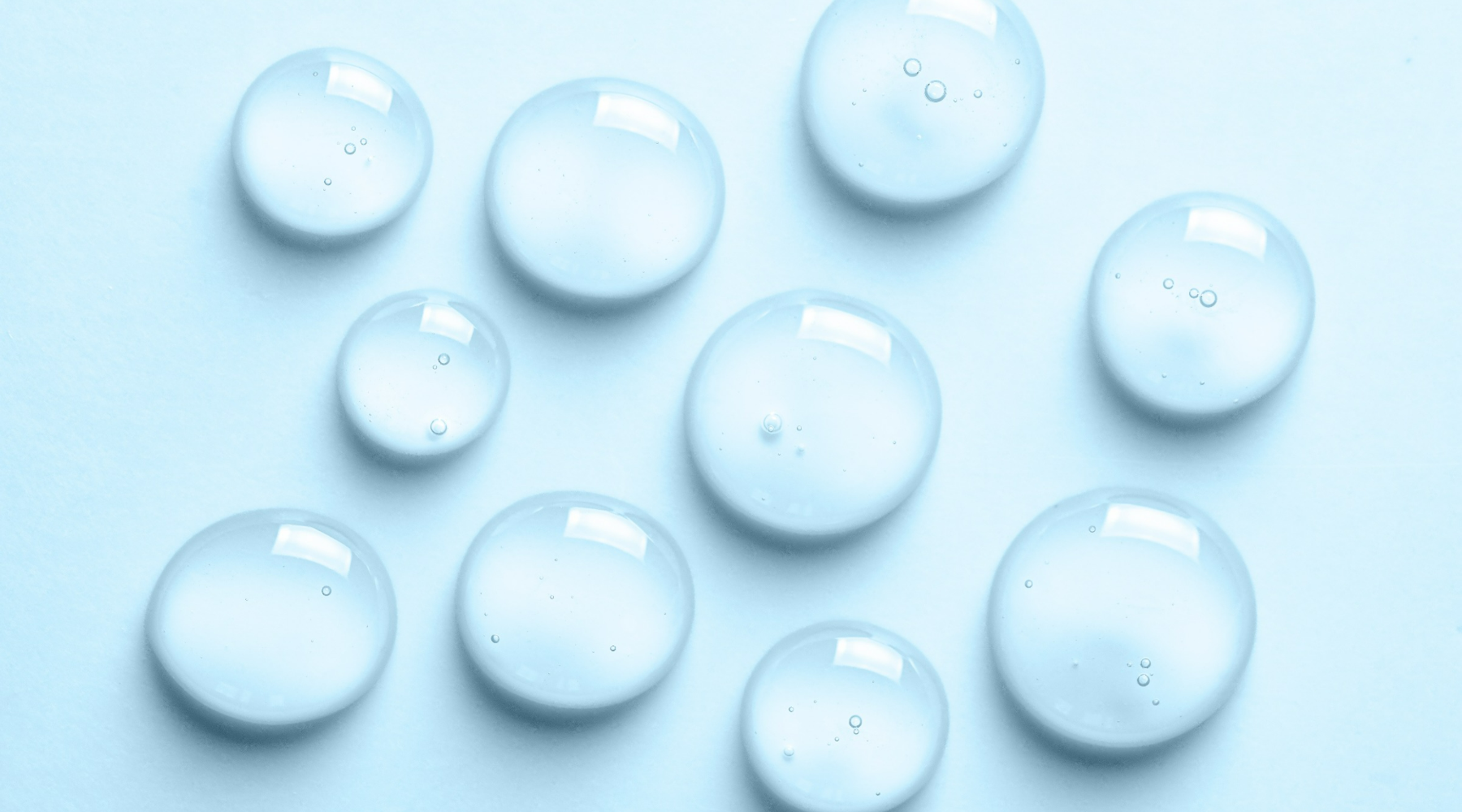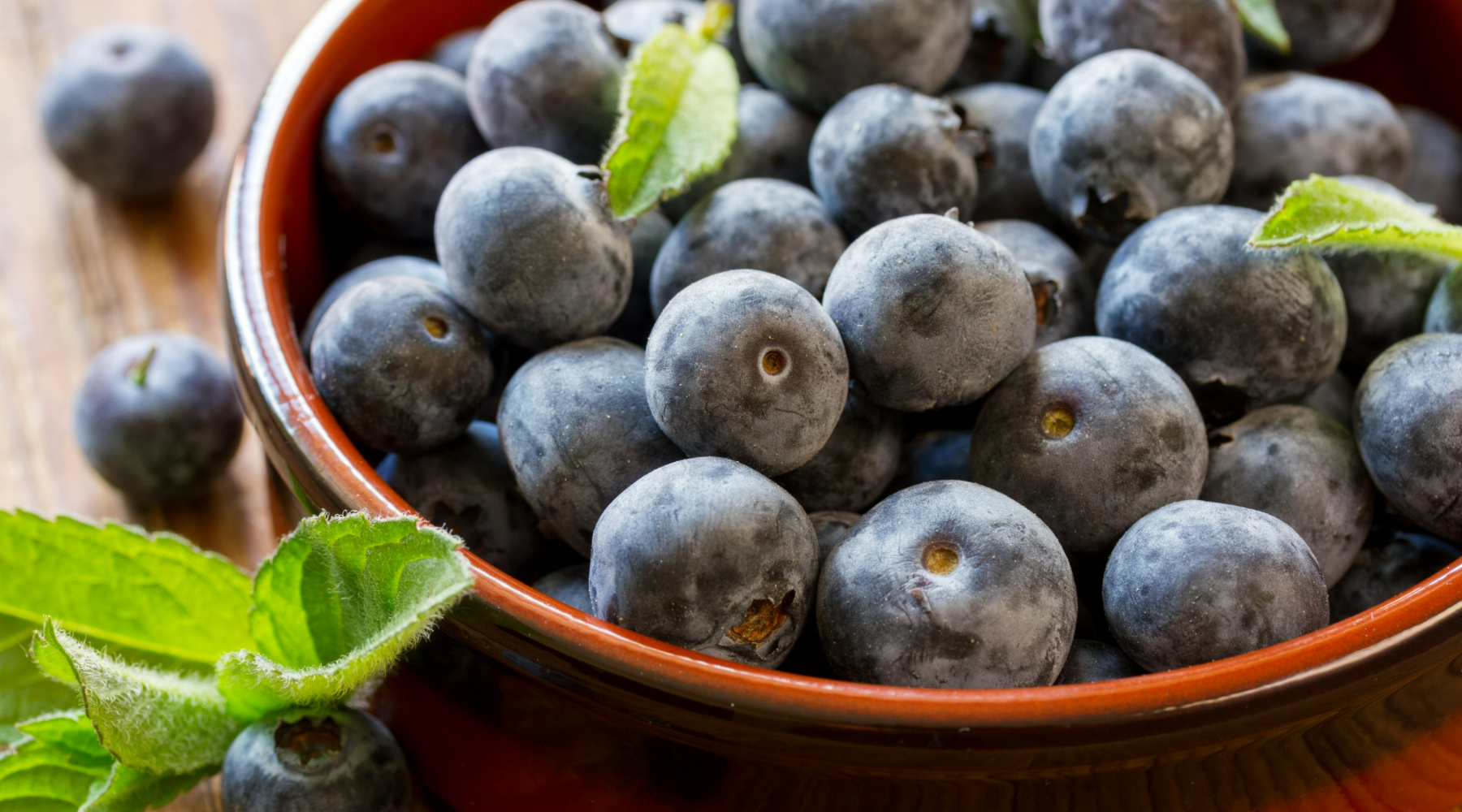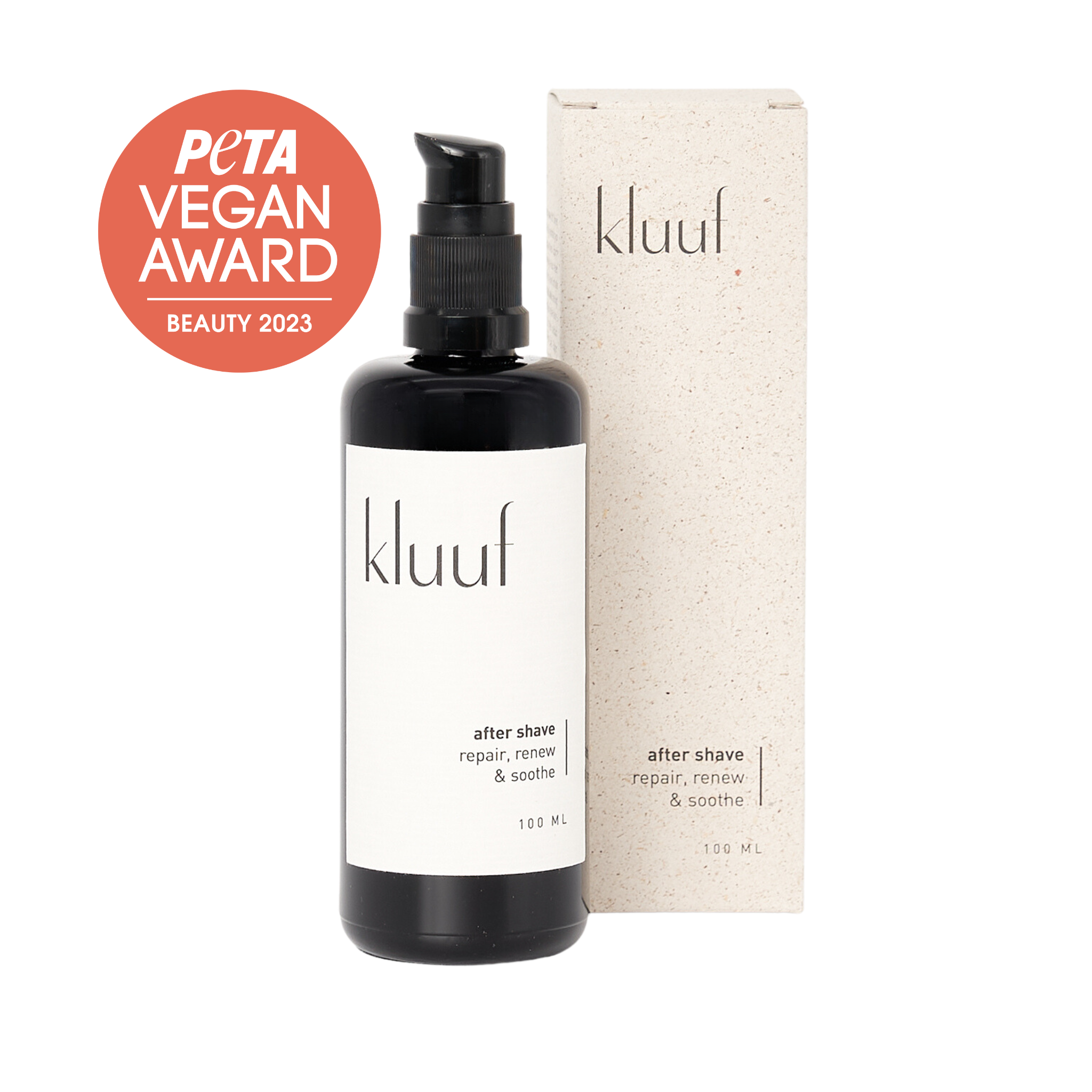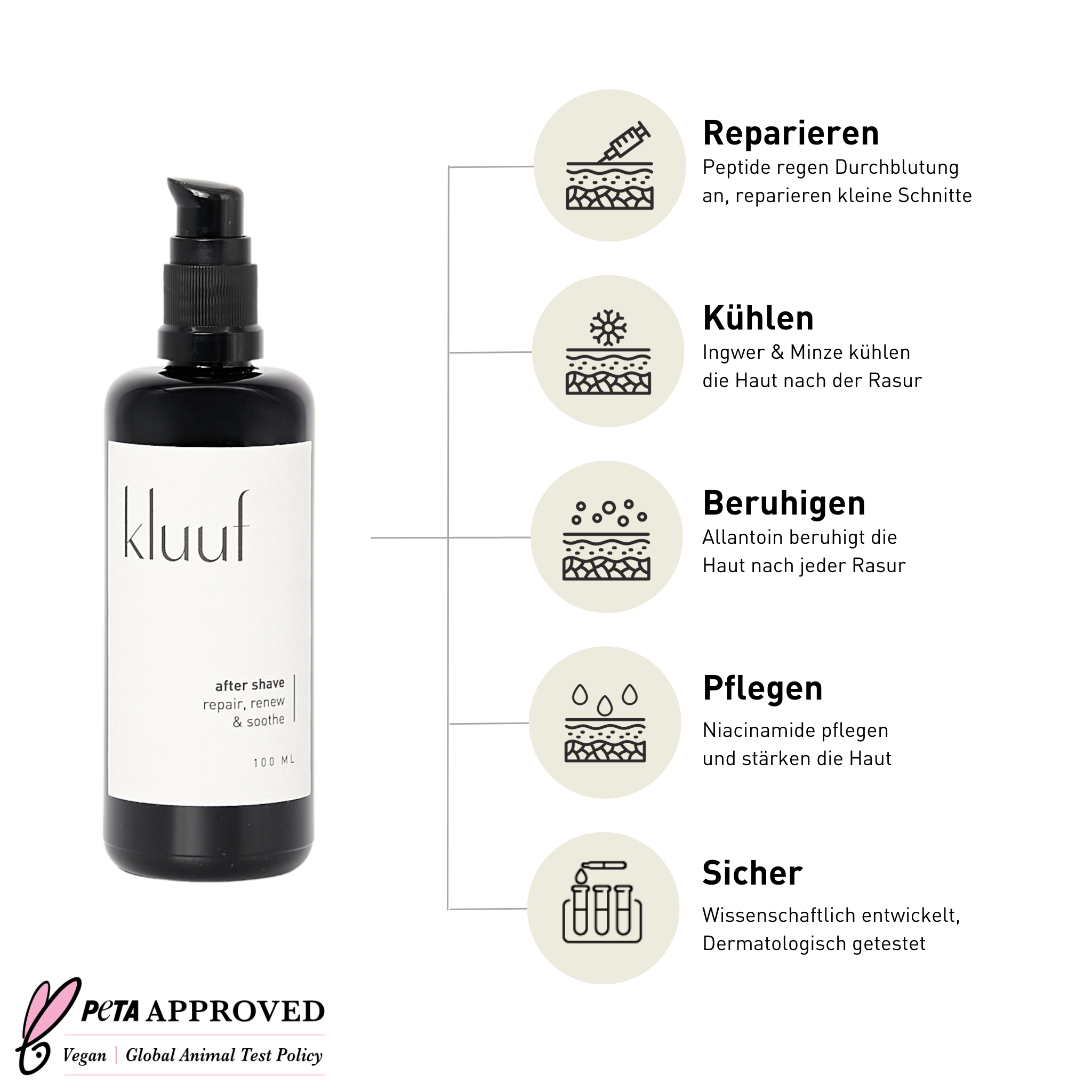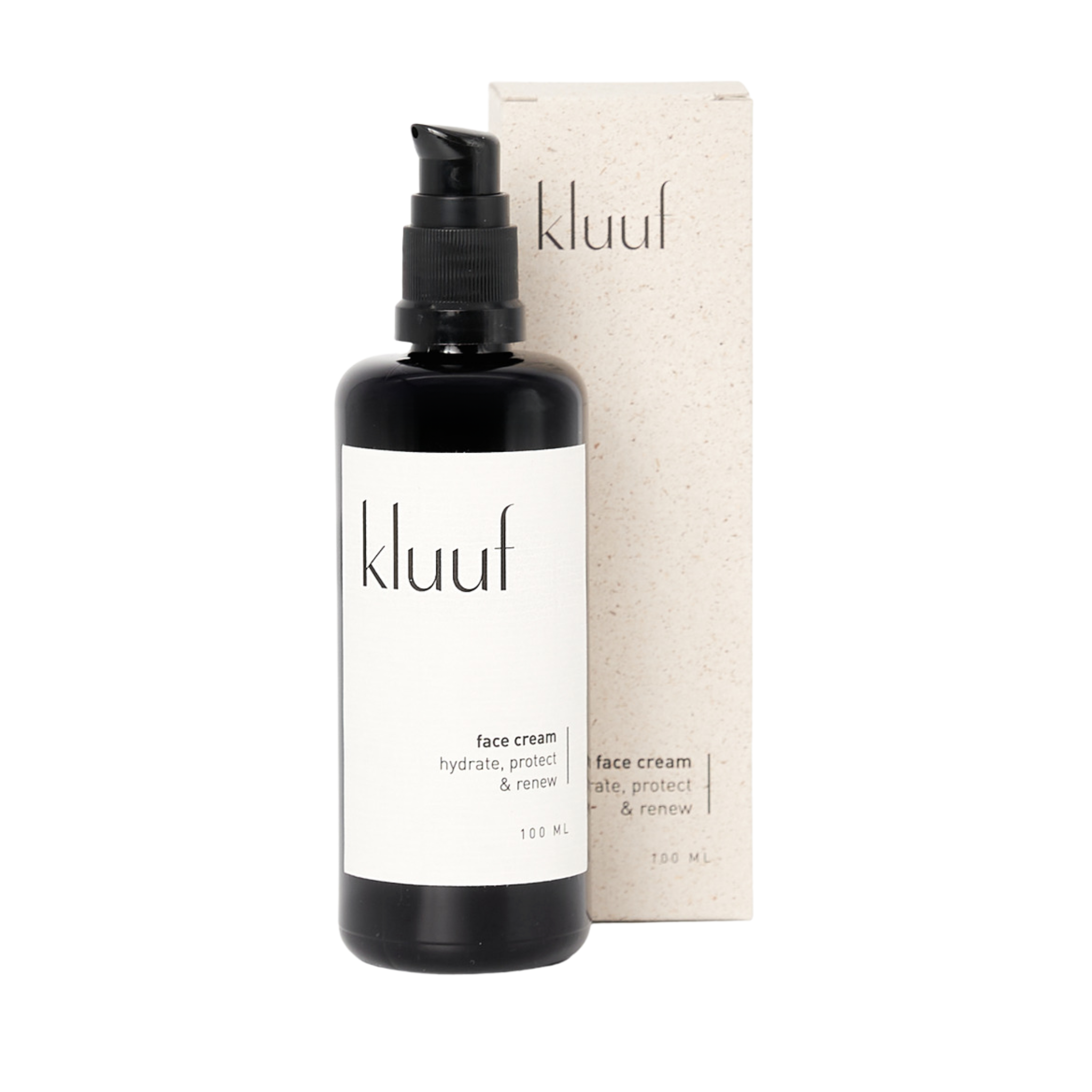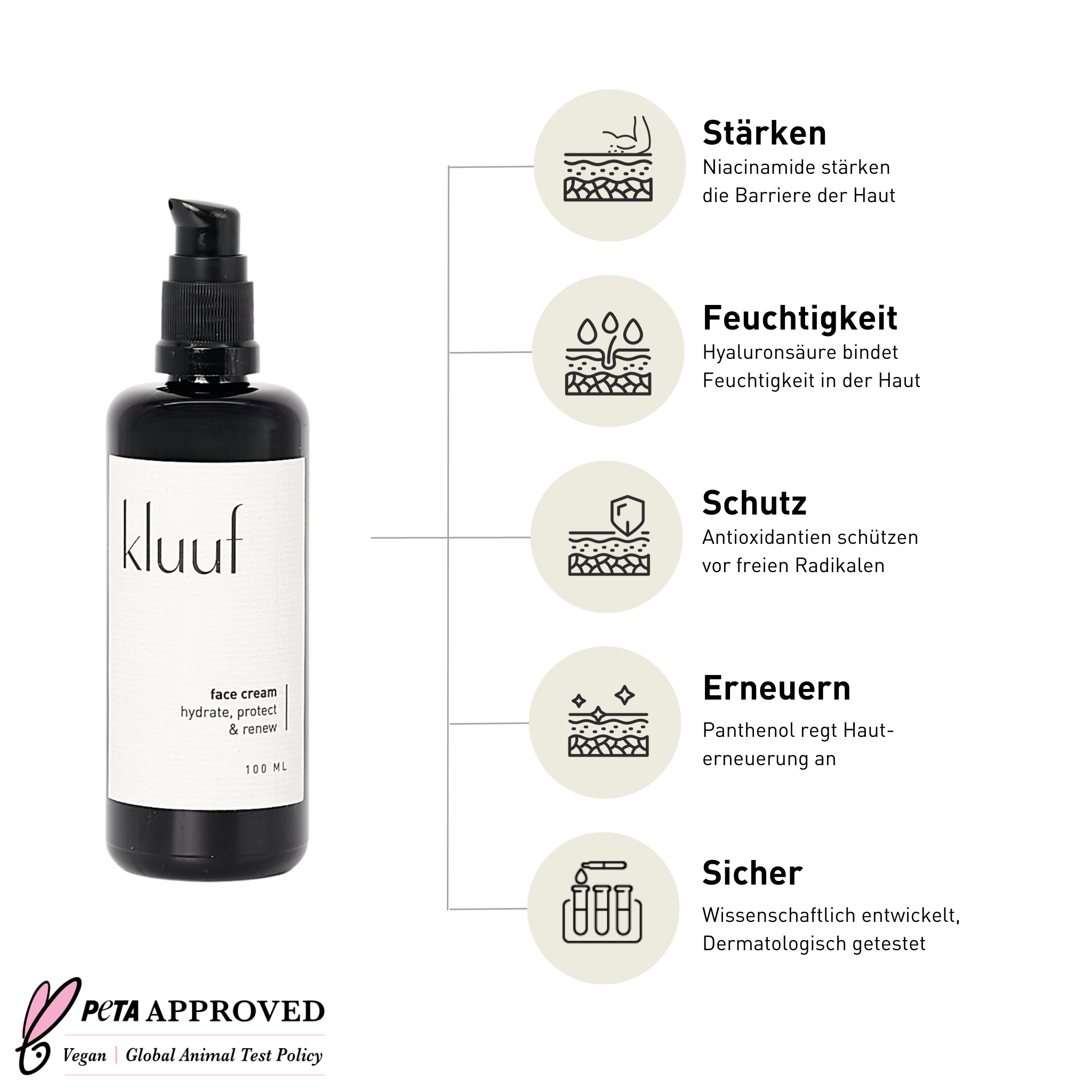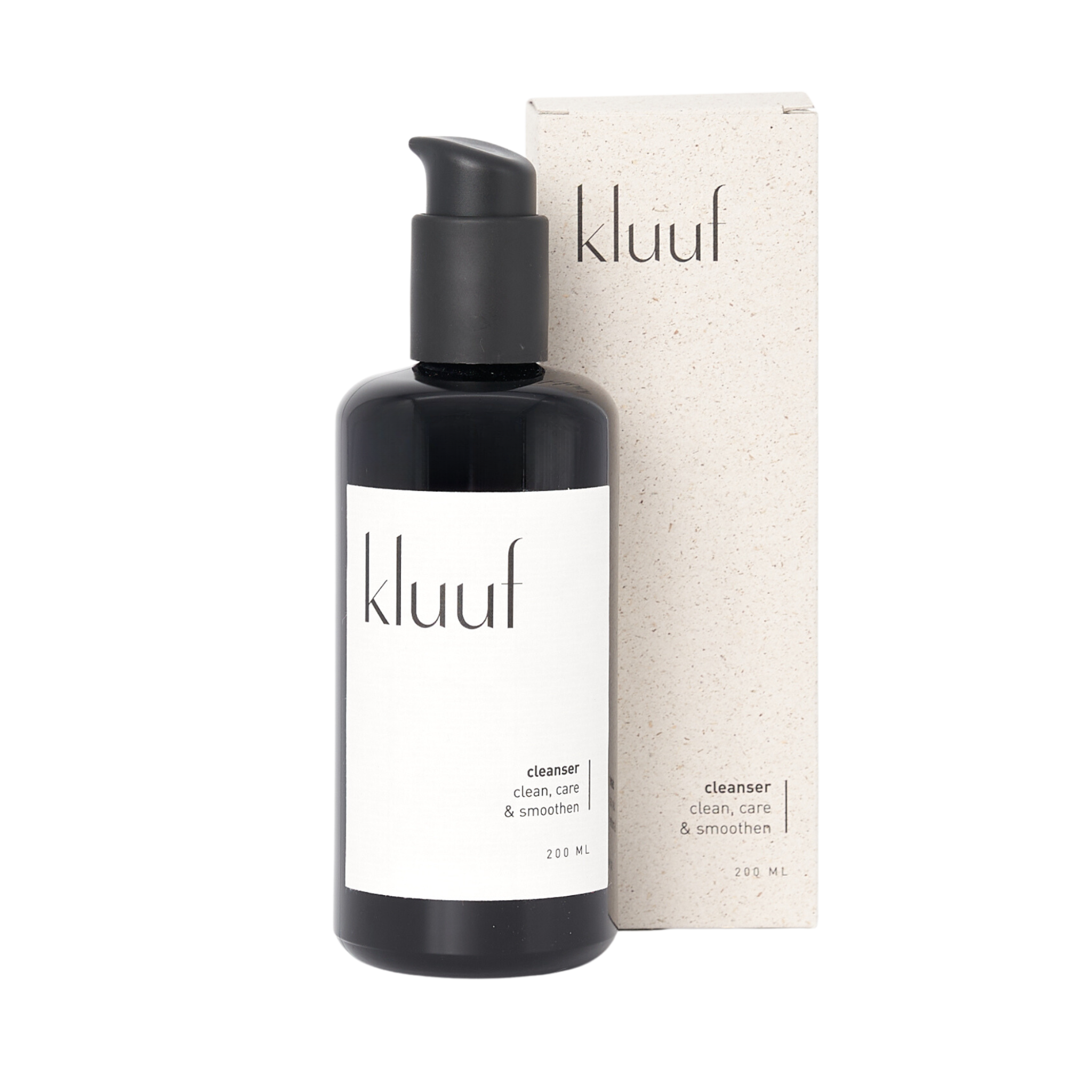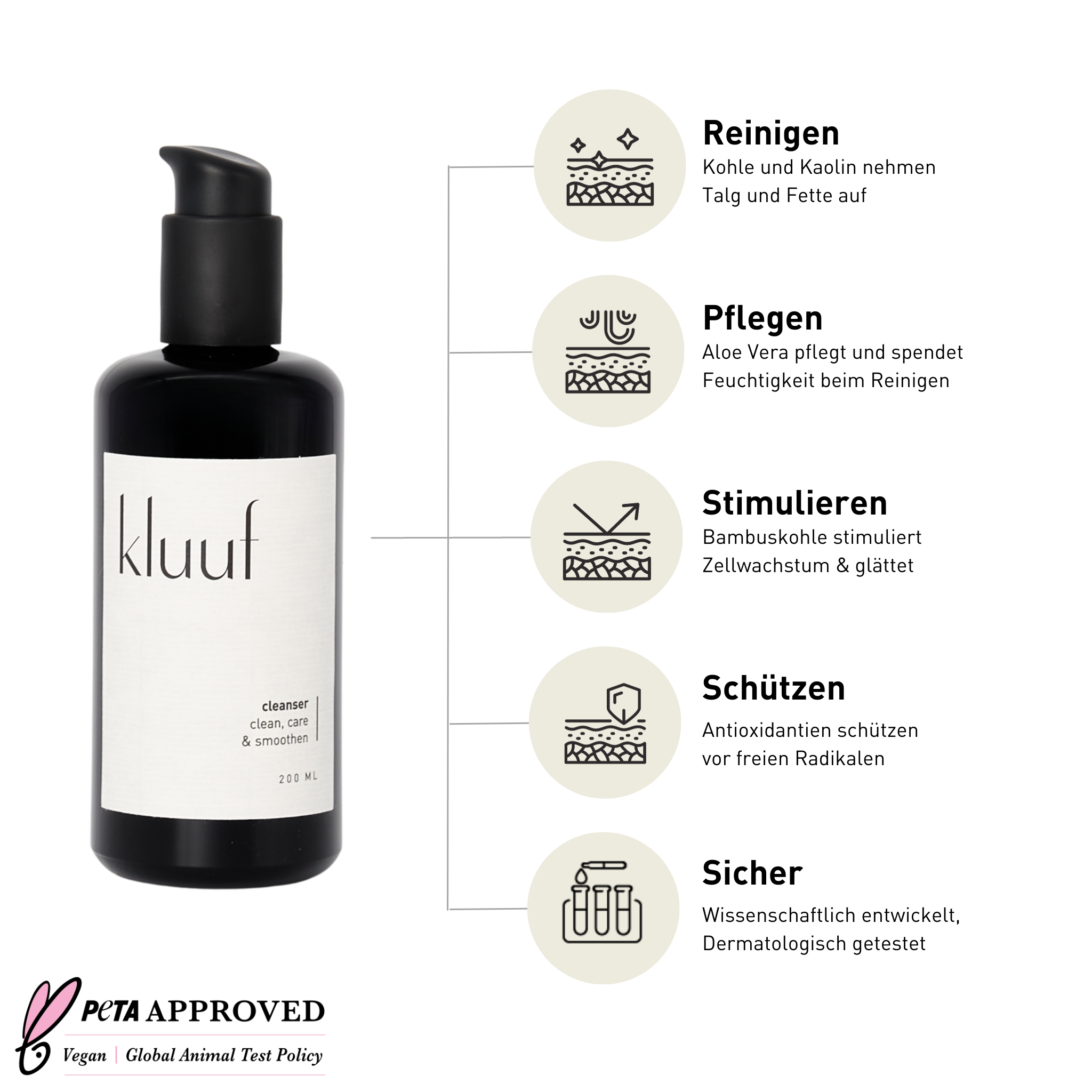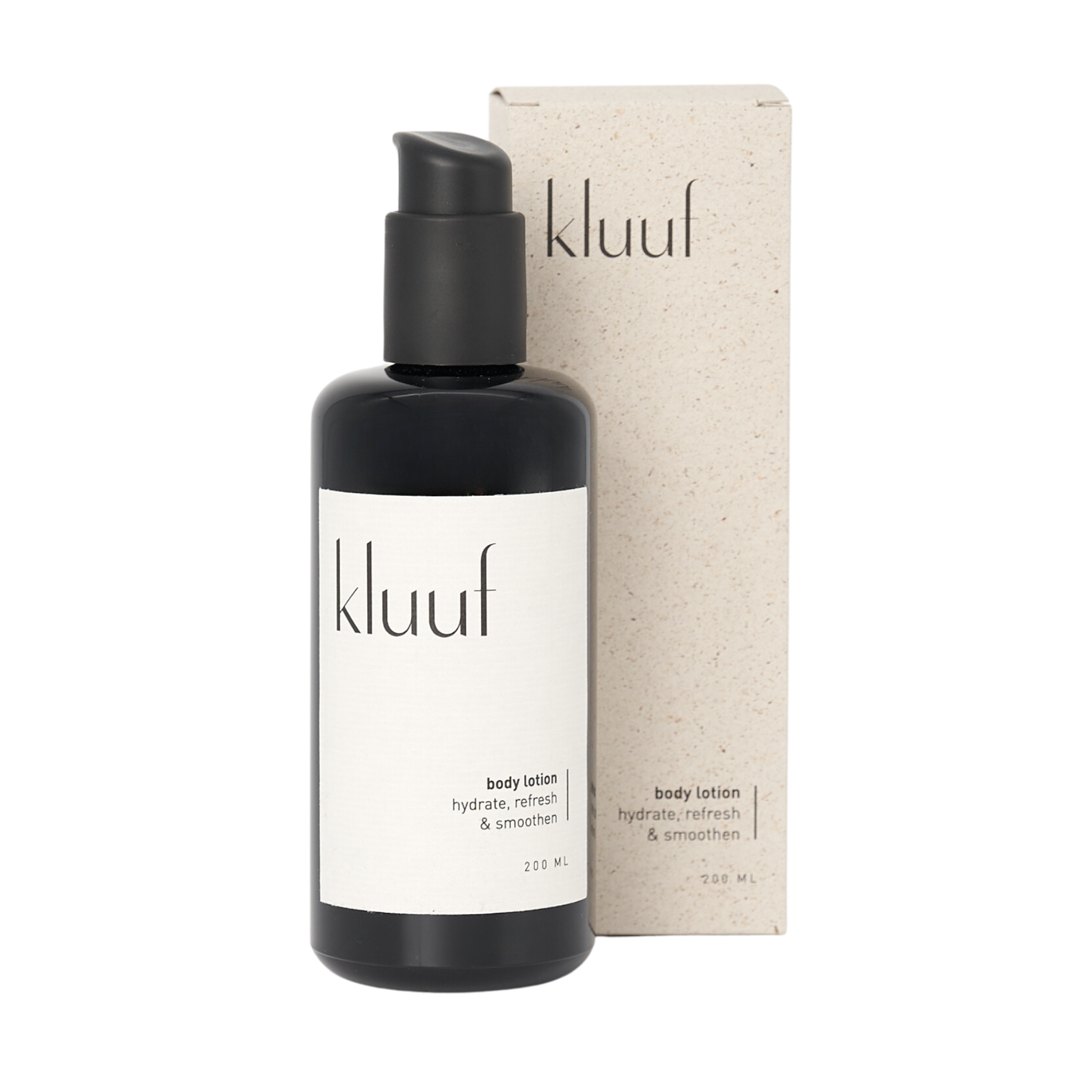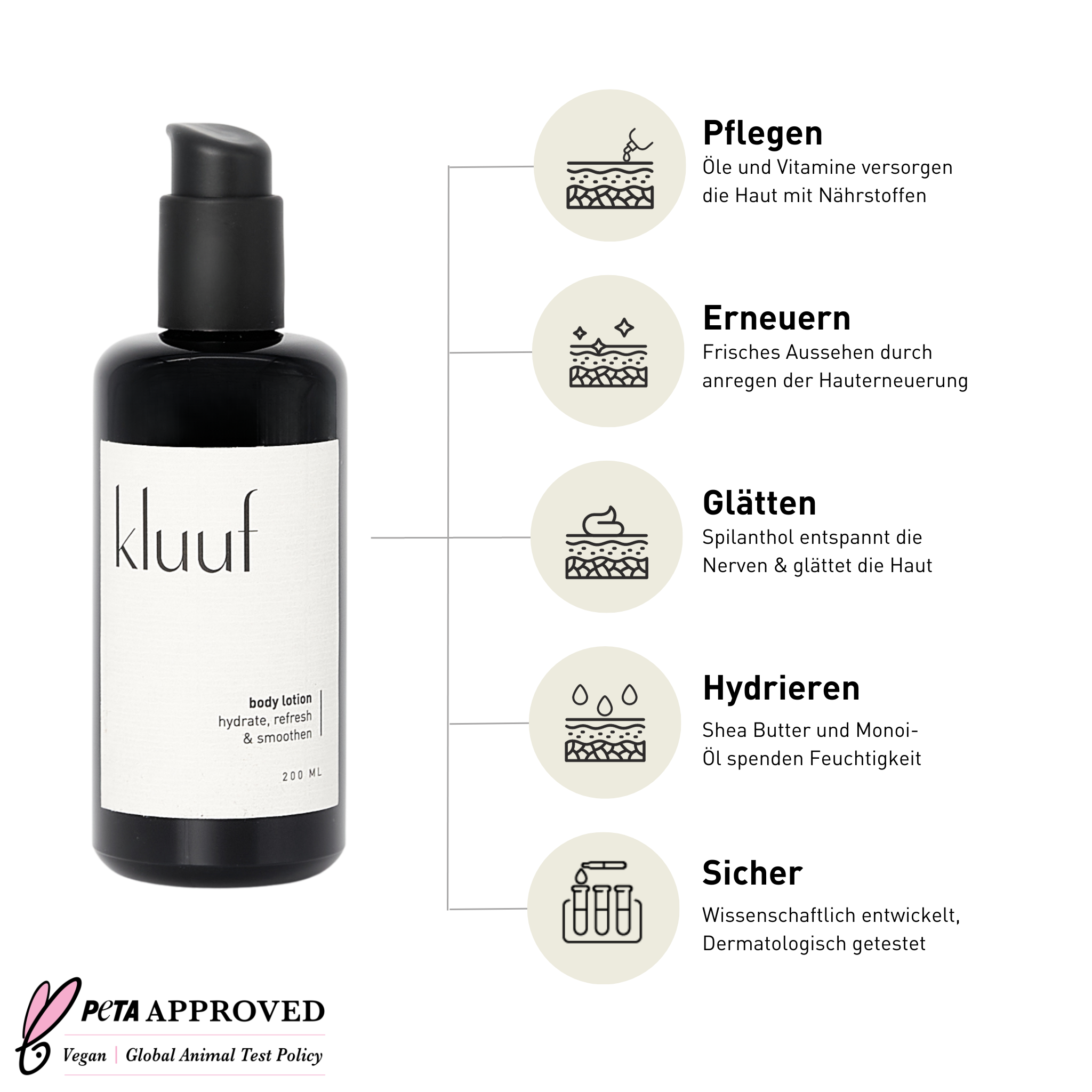Spilanthol, Acmella oleracea, Spilanthes oleracea, Paracress or simply Bio-Botox - this active ingredient has almost as many names as it has benefits for the skin. This blog article looks at what spilanthol is, where it comes from, its benefits for the skin and what to look out for when using it.
Spilanthol is a natural active ingredient that is extracted from the leaves of the Acmella oleracea plant (also known as Jambú) - so spilanthol is a vegan ingredient. In Germany, the plant is also known as paracress.
For some years now, the term spilanthol has been appearing more and more frequently in the field of skincare for men and is also gaining popularity as a main ingredient in face creams, body lotion and other skin treatments.
Especially for its proven strong anti-aging, moisturising and soothing properties, spilanthol is popularly used and is considered a natural alternative to conventional cosmetic ingredients such as Botox.
What is spilanthol?
Spilanthol is a phytochemical (i.e. secondary plant constituents that are not necessary for the plant itself to exist). It is a colourless, crystalline solid with a distinctive spicy and fresh smell.
Spilanthol is extracted from the leaves of the Acmella oleracea (Jambú) plant, or simply paracress in German. This plant is native to South America and has long been used there in traditional medicine, for its pain-relieving and anti-inflammatory properties.
To obtain spilanthol, the leaves of the Acmella oleracea plant are harvested and processed using an extraction process. The resulting extract is then purified, stabilised and incorporated into skin care products as the spilanthol we know.
The benefits of spilanthol for the skin
Anti-ageing: One effect that is repeatedly associated with spilanthol is its anti-ageing effect on the skin. It works by stimulating the production of collagen, a protein responsible for maintaining the elasticity and firmness of the skin (feel free to check out our separate blog post on collagen). This increased collagen production gives the skin structure and helps to reduce fine lines and wrinkles - often making the skin appear younger.
In addition, spilanthol has been shown to protect against UV damage, which is one of the main causes of premature skin ageing.
Bio-Botox: Botox is actually an invasive cosmetic treatment using the nerve toxin "botulinum toxin" to reduce the appearance of wrinkles by temporarily relaxing the muscles.
Spilanthol, on the other hand, blocks the nerve impulses naturally. As a result, no or fewer muscle contractions are triggered. This has been proven to make the skin appear smoother. In contrast to Botox, a chemical substance that is injected into the skin, spilanthol is a natural ingredient that is absorbed through the skin, e.g. via face creams - hence the name "bio-botox".
Moisturiser: Spilanthol is also known as a powerful moisturiser. It increases the production of hyaluronic acid, a naturally occurring substance in the dermis, which helps to hydrate and retain moisture in the skin. Spilanthol provides long-lasting moisture to the skin, helping to improve skin texture and reduce dryness.
Sun protection: Spilanthol increases the skin's natural defences against UV radiation, reducing the risk of photodamage. Spilanthol has also been shown to reduce the harmful effects of UV radiation on the skin, including premature ageing and hyperpigmentation. It is important to note, however, that skin care products containing spilanthol should not replace sunscreen with SPF.
In the past, several scientific studies have been conducted to investigate the effects of spilanthol on the skin. These studies have been able to show that spilanthol has a wide range of benefits for the skin, including anti-ageing, moisturising and sun protection. In addition, the results of these studies suggest that spilanthol is a safe and effective ingredient for use in skin care products.
Sustainability of spilanthol
As mentioned above, spilanthol is derived from the extract of Spilanthes acmella, which is native to South America - so it is a natural ingredient that can be considered sustainable, as the Jambú plant is abundant and easy to grow.
This makes spilanthol an environmentally friendly alternative to synthetic ingredients and also to the neurotoxin Botox.
The right farmers harvest Spilanthes acmella ethically and responsibly, so that the plant and its habitat are protected. This protects the natural balance of the ecosystem. At the same time, the cultivation of jambú makes an economic contribution to local communities.
Together with consumers, Kluuf can thus contribute to the conservation of the ecosystem and the strengthening of local communities.
Conclusion
In conclusion, spilanthol - also known as bio-botox - is a powerful and sustainable ingredient that has a multitude of benefits for the skin.
From reducing fine lines and wrinkles to providing long-lasting hydration, spilanthol has the potential to boost or improve the health and appearance of the skin. In addition, its natural origin, ethical extraction and excellent skin compatibility make spilanthol a sustainable and eco-friendly alternative to synthetic ingredients.
Spilanthol makes a quality contribution to any sustainable skincare routine, not just Kluuf's products. However, for those who value a simple skincare routine that is not only effective & sustainable, but also does good with every application, spilanthol can be found in the following Kluuf product:
Kluuf's body lotion - buy here.



